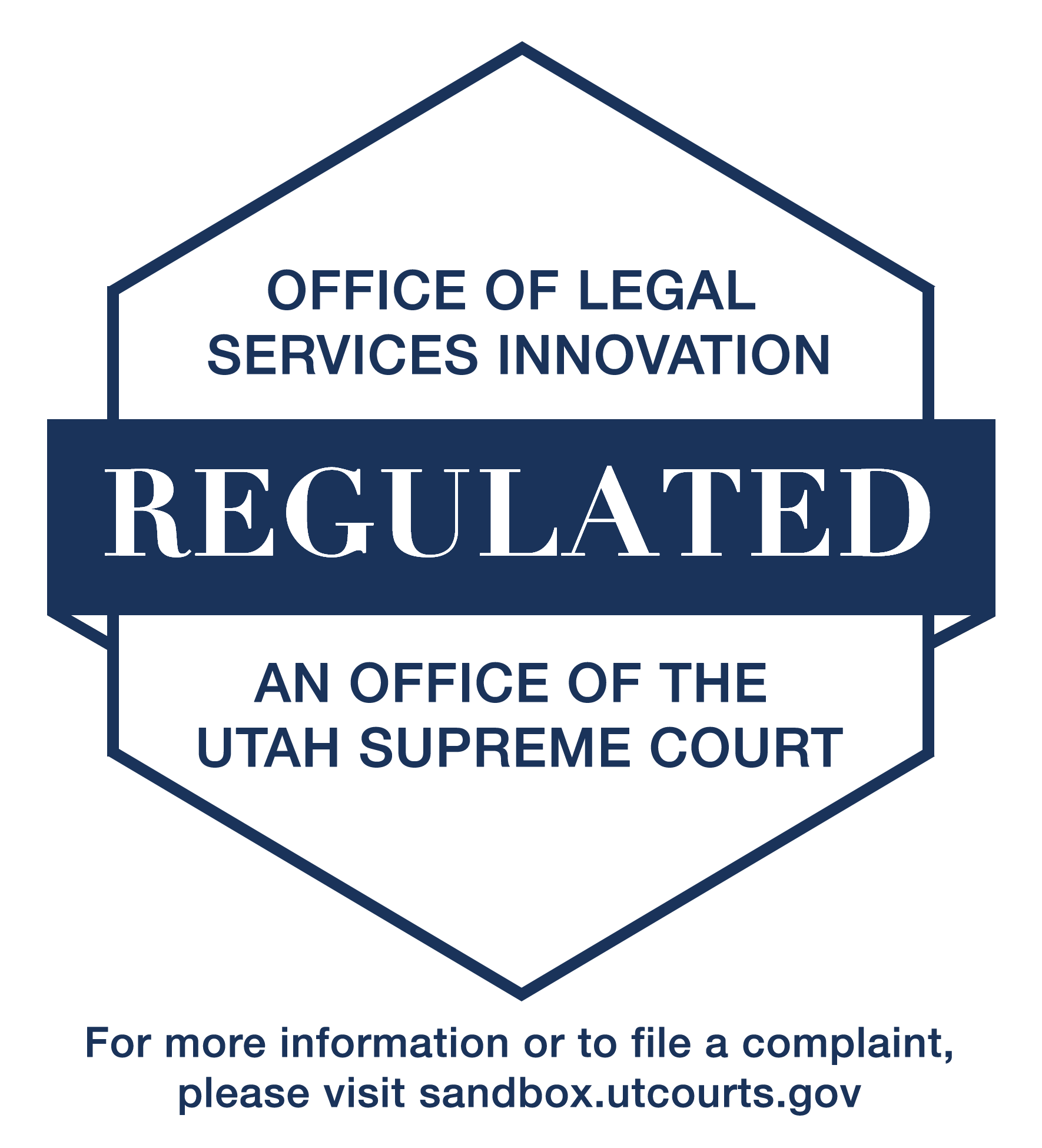Get legal assistance online. Chat with a lawyer for free!
Chat NowSalt Lake City Workers’ Compensation Attorney
- Salt Lake City Motorcycle Accident Attorney
- Salt Lake City Construction Accident Attorney
- Salt Lake City Truck Accident Attorney
- Salt Lake City Snowmobile Accident Attorney
- Salt Lake City Ski Accident Attorney
- Salt Lake City Nursing Home Abuse Attorney
- Salt Lake City Boating Accident Attorney
- Salt Lake City Product Liability Attorney
- Salt Lake City Bicycle Accident Attorney
- Salt Lake City Car Accident Attorney
- Salt Lake City Catastrophic Injury Attorney
- Salt Lake City Wrongful Death Attorney
- Salt Lake City Dog Bite Attorney
- Salt Lake City Premises Liability Attorney
- Salt Lake City Workers’ Compensation Attorney
- Salt Lake City Slip and Fall Attorney
- Salt Lake City Birth Injury Attorney
- Salt Lake City Pedestrian Accident Attorney
- Salt Lake City Traumatic Brain Injury Attorney

Utah’s businesses use workers’ compensation insurance to protect employees from injuries. Unfortunately, a company’s insurance provider can prioritize its bottom lines over your well-being. Alternatively, a supervisor may try and claim that you’re not protected by their coverage.
You’re not on your own in the face of a rejected claim. If you feel like you have the right to protection, you can contact a Salt Lake City workers’ compensation lawyer. 1Law can stand with you as you take your concerns to civil court.
Workers’ Compensation Suits Versus Personal Injury Suits
Workers’ compensation suits are a subset of personal injury cases. There are some distinctions that can be made between these cases, however. A traditional personal injury case requires you to assert that someone bears fault for your losses. Comparatively, workers’ compensation cases don’t require you to make these allegations.
This means that you don’t have to prove fault if you want to request compensation for a workplace accident. You may be entitled to compensation even if the workplace accident you endured was partially your fault.
That said, the compensation you can request is more limited than it might be in a personal injury case. Workers’ compensation cases only allow you to request compensation for:
- Permanent disability
- Medical bills
- Rehabilitation
You cannot request non-economic damages like pain and suffering in your suit. Similarly, filing a workers’ compensation suit prevents you from suing your coworkers or employer for damages. You can only pursue those suits if you believe your employer deliberately endangered you.
Contract Employees and Workers’ Compensation Suits
Most employers in the United States are not required to provide workers’ compensation for their contract employees. That said, contract employees are often misclassified on a company’s payroll.
There has been more attention brought to the misclassification and misuse of contract employees over the past few years. Reports claim that companies have misclassified contract employees in an attempt to avoid certain taxes. If you think you may be misclassified, and you suffer an injury at work, you can work with our team to bring your classification into question.
How to Build a Workers’ Compensation Case
You do not have to prove negligence to submit a workers’ compensation claim. Instead, your claim needs only elaborate on the extent of your losses. That said, you can use a claim to challenge an insurance company’s refusal to support you after a loss.
Our workers’ compensation lawyers in Salt Lake City, UT, can help you elaborate on your status within a company and your subsequent right to financial compensation. If an insurance provider has given you a written statement regarding their refusal to cover your losses, we can include and refute it in your complaint.
What Compensation to Expect From a Workers’ Compensation Case
A workers’ compensation case is limited in the compensation that it can provide you. However, filing for financial support can help you secure:
- Temporary total disability
- Temporary partial disability
- Permanent partial disability
- Permanent total disability
This coverage can help you contend with your immediate medical bills. It also addresses any essential services you need to contend with your losses in the future.
If you want to benefit from this support, you need to apply for a hearing with the labor commission. You may be required to stand before the commission and report on your losses as well as on your decreased quality of life. You must also submit a burden of proof, but you can do so within 12 years of your initial injury.
Contending With Intimidation and Insufficient Settlement Offers
If your employer attempts to deny your right to workers’ compensation, there’s a chance they may also attempt to intimidate you out of legal action. While you cannot sue your employer, you can always work with a workers’ compensation attorney in Salt Lake City to contest a wrongful rejection of your claim to compensation.
Our attorneys stand between you and these intimidation attempts, all the while striving to provide you with the legal advice you need to successfully file your claim. You can rely on us to help you stay on top of deadlines and overcome any legalese that might mystify the filing process.
Workers’ Compensation Deadlines to Consider
There are several deadlines you need to keep in mind if you want your workers’ compensation complaint to be actionable. To begin, you have 180 days, or roughly six months, to inform your employer that you’ve been injured. You must also submit a Physician’s Initial Report of Injury within this period.
Once you’ve visited the doctor, you have a year to submit your related medical bills to your employer’s insurance carrier. If you want to dispute a refusal of coverage, you must then do so within six years of the day you were initially injured.
Finally, if you want your employer’s insurance to cover your travel expenses or any costs related to the wrongful death of an employee, you need to submit a death claim. Death claims must reach your employer’s insurance provider within a year of your loved one’s passing. The same deadline applies to requests for travel coverage.
Let’s Fight for the Financial Support You Deserve
You don’t surrender your right to safety when you start working for a company. An institution that neglects the care of its employees or deliberately endangers its staff needs to be held accountable for that negligence in civil court.
The workers’ compensation attorneys in Salt Lake City, UT, can help you better understand what rights you have in relation to your workers’ compensation. Furthermore, 1Law can protect you from intimidation attempts while supporting your fight for compensation. Contact us to learn more about the civil process and what our team can do for you.

